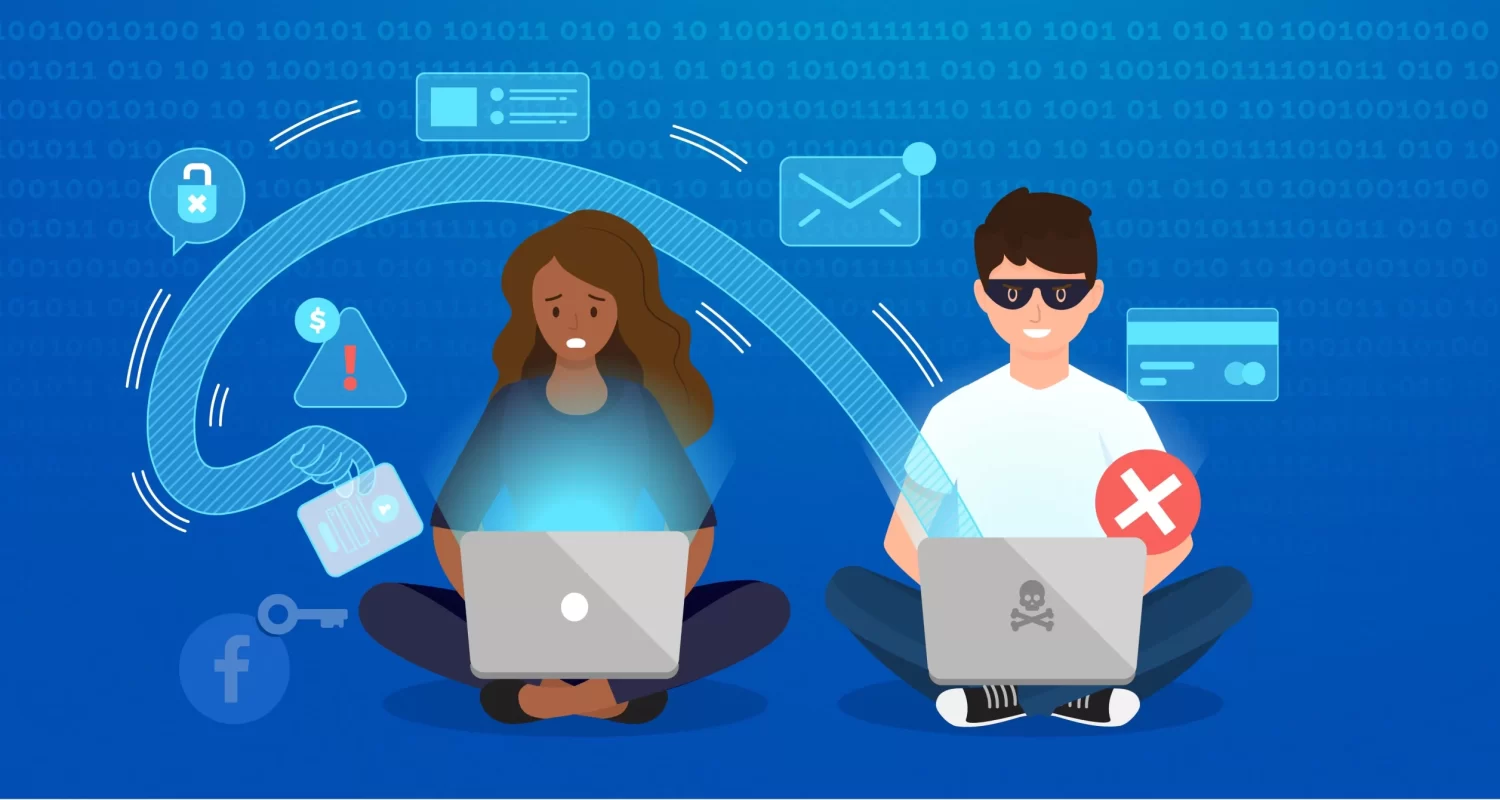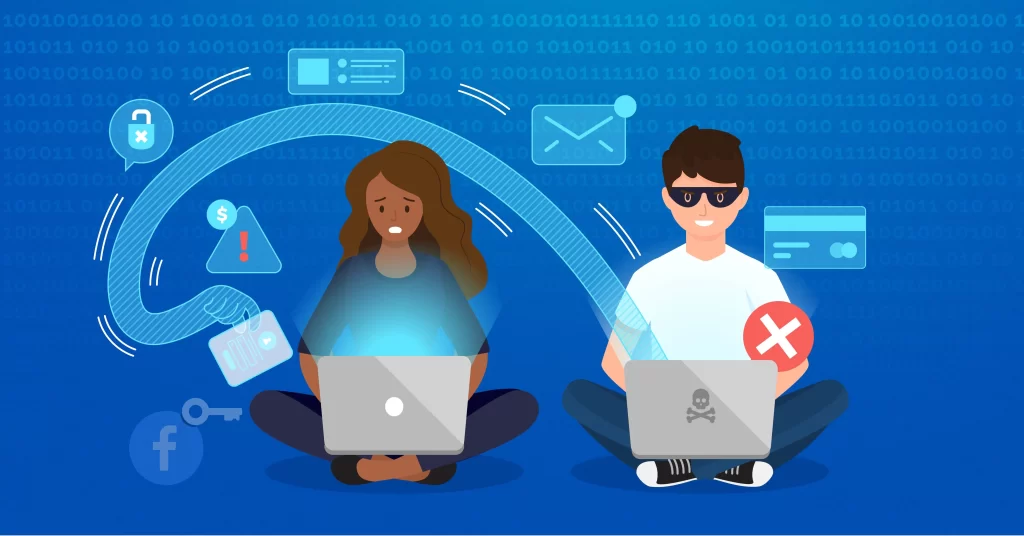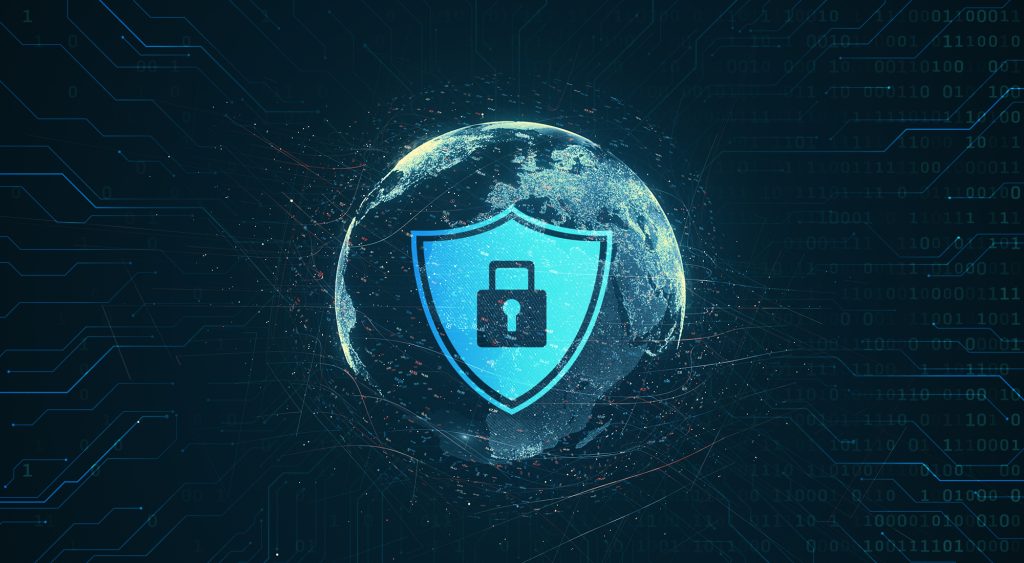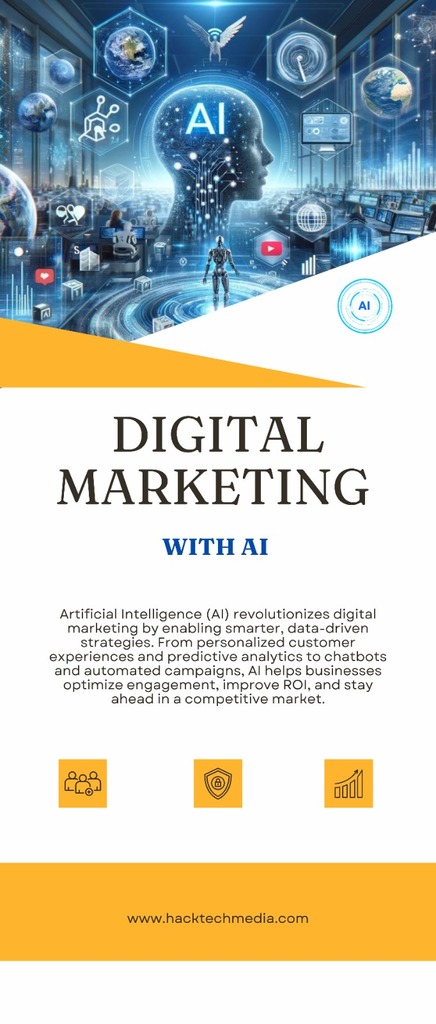Cybersecurity & Ethical hacking and played a major role in ensuring your data on the internet is protected, users get authenticated & your data and privacy issues are all safeguarded. Below are the Top 10 difference between Cybersecurity and Ethical Hacking.
Is cybersecurity different from ethical hacking, if so what’s the difference? Let’s uncover!
First of all, we will get to know what Cybersecurity is and how it’s connected to your activity online. We will think about lots of points and have a detailed comparison, to know the difference between Ethical Hacking and Cybersecurity.
Whether you are a businessperson or an individual who surfs the internet frequently you need to know these terms so that you can take necessary precautions to secure yourself and your information. In this article, we’re going to enlighten you about these two security niches.
To get a better sense of the difference between cyber security and ethical hacking and which one is best for you, we will also discuss what kind of role you can expect to have as an ethical hacker or cyber security expert. Let’s Dig in!
What is the Difference between Cybersecurity and Ethical Hacking?
| Ethical Hacking | Cybersecurity | |
| Mode of working | Ethical Hacking: Pertain to mimicking attacks on systems to find vulnerabilities. Ethical hackers employ a similar set of tools and methods applied by malicious hackers, albeit legally and in an agreed manner. | Cybersecurity: Pertains to developing a holistic security plan to safeguard networks, systems, and information against cyber attacks. It includes risk analysis, policy formulation, management of threats, and enforcement of security measures. |
| End Goal | Ethical Hacking: The aim is to identify and take advantage of security vulnerabilities within a controlled framework to offer recommendations for enhancing security defenses. | Cybersecurity: The chief aim is to protect an organization’s assets against unauthorized access, destruction, or theft and from compliance with regulatory and legal laws. |
| Production Environment | Ethical Hacking: Usually works in a test environment or under specified conditions by a client with the intention of validating security controls without interfering with normal operations. | Cybersecurity: Functions within the production environment to provide security and shield against breaches. It entails permanent monitoring of the systems and network. |
| Reporting | Ethical Hacking: Upon completion of tests, ethical hackers leave comprehensive reports detailing discovered vulnerabilities, exploitation results, and remediation recommendations. These are vital to enhance security controls. | Cybersecurity: Involves generating periodic security reports and updates to notify stakeholders on the security stance of the company. This can encompass compliance reports, risk analyses, and incident reports. |
| Client Usage | Ethical Hacking: Usually project-based, whereby clients engage ethical hackers to perform specific tests like penetration testing or vulnerability scans. | Cybersecurity: Generally entails constant interaction with clients in order to constantly develop and refine security measures in line with emerging threats. |
| Problem Solving | Ethical Hacking: Entails tactical issue-solving aimed at immediate and functional exploits to expose vulnerabilities in real-time. | Cybersecurity: Seeks strategic planning and long-term thinking to create solutions that proactively deal with probable security concerns. |
| Data Access | Ethical Hacking: Access is largely restricted to what is required for testing. Ethical hackers should abide by privacy and confidentiality terms. | Cybersecurity: Experts can enjoy general access to private data to install security measures, observe intrusions, and examine system vulnerabilities. |
| Job Roles | Ethical Hacking: Typical roles are Penetration Tester, Security Consultant, and Vulnerability Assessor. They could work solely on attacking and protecting systems. | Cybersecurity: Job roles could be Security Analyst, Security Engineer, Chief Information Security Officer (CISO), and Security Consultant among countless others. |
| Easier to learn | Ethical Hacking: Ethical hacking is easier for some to learn because it tends to be more practical in nature and involves skills and techniques, and facilities. | Cybersecurity: It is difficult to understand cybersecurity because it has a wider scope. It involves policies, practices, technologies, and legal regulations. |

What is Ethical Hacking?
The word hacking may make you assume that it is illegal, something that shouldn’t be done, unauthorized, etc. While that is understandable, let us consider another side of the coin since ethical hacking is done by White Hat hackers who are trained to test a system’s integrity & identify all the vulnerabilities that can result in a possible security breach.
“Ethical hacking is a branch of cybersecurity and can be described as the process of system testing against all potential security breaches and fixing any weakness in the system prior to any malicious attack occurring.”
Hacking is illegal but ethical hacking is the approved practice of bypassing system security in order to determine any possible threat to the data. Ethical hackers attempt to scan the systems with the aim of identifying the weak points in that system which the malicious hackers would use.
Ethical hackers are also called White hat hackers because their task is the same as Black Hat hackers but ethical hackers don’t want to cause any harm to anyone with their actions but instead safeguard their systems and try out the company’s security methods.
Assuming that your site or app holds sensitive information regarding your customers, a malicious hacker can use this information for ill purposes. Therefore, you will require an ethical hacker to avoid any such malicious attacks from even occurring and if it occurs then the ethical hacker will take the required action necessary to end the Attack.
What does an Ethical hacker do?
The work of an ethical hacker is to hack within the system by permission or agreement of the owner and submit a report on how it was hacked and follow up with the primary sources.
Let us now discuss the career-based difference between Ethical Hacking and Cybersecurity.
The following are the primary duties of an Ethical Hacker and a Cybersecurity Expert:
Assess the performance of the system
Test the security system
Recommend improvements in the security system
Alert the organization about any malicious attack.
Identify loopholes in the security system.
Apply correct methods for hacking.
Prepare reports upon identifying loopholes in the security system.
What is Cybersecurity?
At the end of the day, Cybersecurity is one of these huge fields that we have put into place where we’re using it to create a lot of policies, methodologies & techniques tools.
Cyber security can be defined as the practice or a process designed in order to defend network computers and data from damaged malicious attacks or unauthorized access.
It is a combination of skills and tools that provides security to its users from many attacks on their data devices or programs. Cybersecurity is becoming more and more important day by day every organization whether government or private stores unprecedented amounts of data which is extremely crucial for that organization and needs proper security against any Cyber threat.
The global cyber threat continues to evolve at a rapid pace and every organization needs to take appropriate steps to protect their sensitive information, especially those organizations that are involved in safeguarding national security data or other sensitive data.
What does a Cybersecurity professional do?
Cyber security professionals operate to secure information systems through Monitoring. detecting, analyzing, and responding to security experts. In other words, they operate to protect systems from cyber security risks vulnerabilities, and threats.
Following are the most important duties of a Cybersecurity professional:
Improve the security system.
Maintain the security system by regularly updating it.
Collaborate with IT departments to safeguard the integrity of a business’s data and network
Examine the security system and make recommendations on the same to the organization.
A Career in Ethical Hacking and Cybersecurity
Because of the growing threats of data attacks and data misuse, the sector of cybersecurity is growing larger than ever and is growing at a very fast pace. The need for Cybersecurity professionals is greater than ever and the number of professionals in this sector is becoming short-handed in meeting the demand.
Hence there is a lack of professional experts in this sector so if you are interested in information technology or ethical hacking then this is the right time to enter into the industry. The market of Cybersecurity is expected to be a 170 billion-dollar market in near future itself.(Top 10 Differences Between Cybersecurity and Ethical Hacking)
Why is Cybersecurity important?
Cybersecurity is crucial for a number of reasons. Most importantly it’s vital for the security of businesses against cyber attacks. These attacks range from stolen information to paralyzing systems affecting the whole business. Cyber security is also crucial for securing personal data as well as defending important infrastructures such as the power grid or financial system.
Second, Cybersecurity insulates firms from legal exposure.
Why is Ethical Hacking Important?
Ethical hacking is a system or network testing process by attacking and attempting to locate vulnerabilities. By doing so, you can assist in securing the system against unauthorized access, destruction, or theft. There are numerous benefits of ethical hacking.(Top 10 Differences Between Cybersecurity and Ethical Hacking)
Enhance the security of systems
Not only does it enhance the security of systems and networks but it also assists in identifying potential issues early so that they may be avoided from becoming larger issues later.
Also, ethical hacking could be utilized to detect any unauthorized activity that may be occurring on such systems.
Embark on your Cybersecurity path and learn all the Cyber Security and Ethical Hacking basics from GUVI’s Cyber Security and Ethical Hacking Course and see how to apply them with this easy-to-understand Cyber Security course along with Ethical Hacking.
Or if you prefer learning Ethical Hacking independently, sign up for GUVI’s beginner-to-master Ethical Hacking course and establish yourself in the field of cybersecurity.(Top 10 Differences Between Cybersecurity and Ethical Hacking)
If a firm is penetrated by hackers and data are robbed the law generally blames the company even if hackers were not real members of the company.
Cyber security also assists firms in being insulated from product defect or environmental harm lawsuits.
Lastly, Cybersecurity safeguards businesses from government investigations and allegations of misconduct by keeping their systems secured against hacking and data breaches companies can prevent themselves from being embarrassed and facing possible legal issues in the future.
Why is Ethical Hacking Important?
Ethical hacking is a system or network testing process by attacking and attempting to locate vulnerabilities. By doing so, you can assist in securing the system against unauthorized access,Why is Ethical Hacking Important?
Ethical hacking is a system or network testing process by attacking and attempting to locate vulnerabilities. By doing so, you can assist in securing the system against unauthorized access, destruction, or theft. There are numerous benefits of ethical hacking.
Not only does it enhance the security of systems and networks but it also assists in identifying potential issues early so that they may be avoided from becoming larger issues later.
Also, ethical hacking could be utilized to detect any unauthorized activity that may be occurring on such systems.
Embark on your Cybersecurity path and learn all the Cyber Security and Ethical Hacking basics from GUVI’s Cyber Security and Ethical Hacking Course and see how to apply them with this easy-to-understand Cyber Security course along with Ethical Hacking.(Top 10 Differences Between Cybersecurity and Ethical Hacking)
Or if you prefer learning Ethical Hacking independently, sign up for GUVI’s beginner-to-master Ethical Hacking course and establish yourself in the field of cybersecurity.
destruction, or theft. There are numerous benefits of ethical hacking.
Not only does it enhance the security of systems and networks but it also assists in identifying potential issues early so that they may be avoided from becoming larger issues later.
Also, ethical hacking could be utilized to detect any unauthorized activity that may be occurring on such systems.
Embark on your Cybersecurity path and learn all the Cyber Security and Ethical Hacking basics from GUVI’s Cyber Security and Ethical Hacking Course and (Top 10 Differences Between Cybersecurity and Ethical Hacking)see how to apply them with this easy-to-understand Cyber Security course along with Ethical Hacking.
Or if you prefer learning Ethical Hacking independently, sign up for GUVI’s beginner-to-master Ethical Hacking course and establish yourself in the field of cybersecurity.

Closing Thoughts
This blog summarizes the difference between Cybersecurity and Ethical Hacking. It might’ve given you a clear insight into the scope of the same. If you’re interested in getting started in ethical hacking or Cybersecurity, there are a plethora of resources available online.







